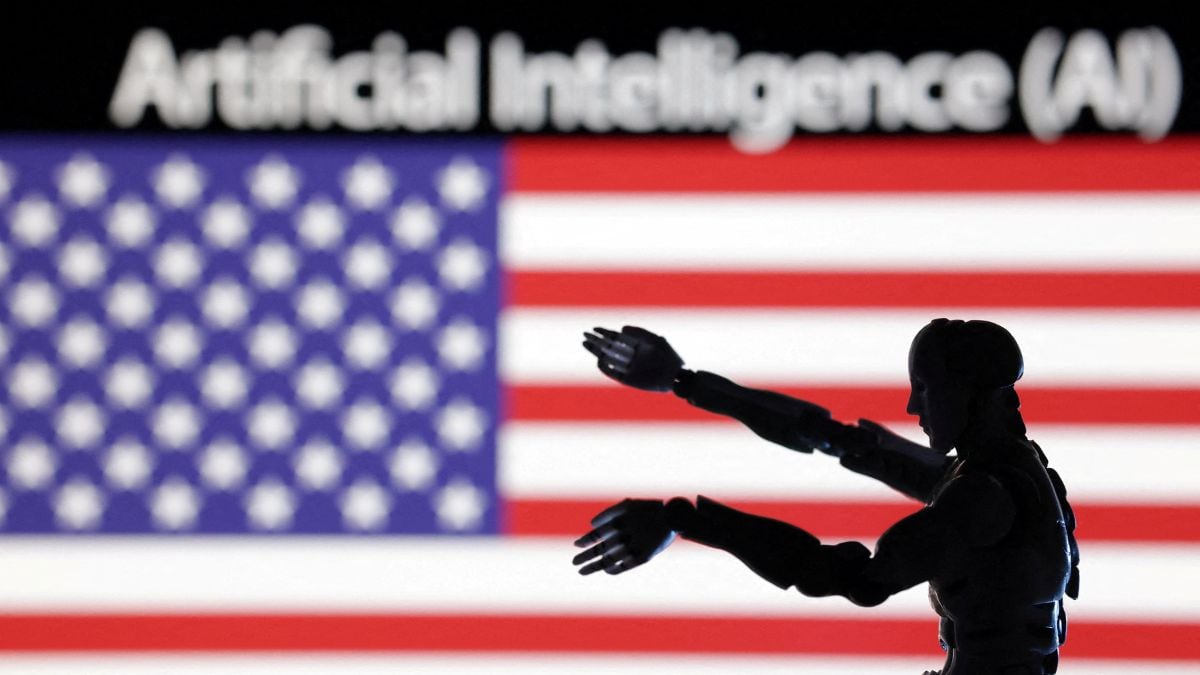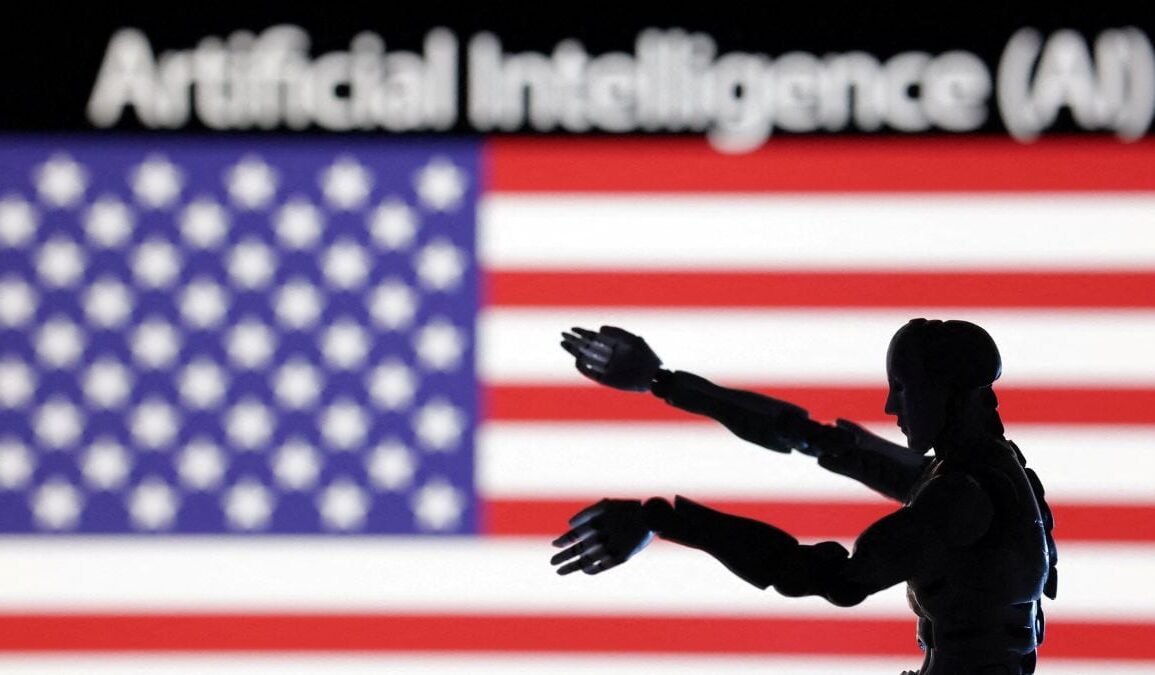
“The Justice Department must keep pace with rapidly evolving scientific and technological developments in order to fulfill our mission to uphold the rule of law, keep our country safe and protect civil rights,” Attorney General Merrick Garland said
Alarmed by the disruptive and transformative effects that artificial intelligence can wreak on federal law enforcement and the criminal justice system, the US Justice Department Thursday appointed its first official changed specifically with AI.
“The Justice Department must keep pace with rapidly evolving scientific and technological developments in order to fulfill our mission to uphold the rule of law, keep our country safe and protect civil rights,” Attorney General Merrick Garland said.
Know the ‘Chief AI Officer’
Jonathan Mayer, a professor at Princeton University who researches technology and law, will serve as chief science and technology adviser and chief AI officer.
Mayer served as the technology adviser to now-Vice President Kamala Harris when she was a senator and also worked for the Federal Communications Commission.
Mayer will advise Garland and the department on how AI can be integrated into the department’s investigations and criminal prosecutions, apart from other issues related to emerging technologies.
The professor is set to lead a newly formed board of law enforcement and civil rights officials that will advise Garland and others at the Justice Department on the ethics and efficacy of AI systems. He will also seek to recruit more technological experts to the department.
‘Double-edged Sword’
US officials have been caught in a dilemma: while AI has helped them crack some extremely difficult law enforcement problems, they have also had sleepless nights staring at the potential hazards of a loosely regulated, but rapidly expanding new technology.
Deputy Attorney General Lisa Monaco, during a speech in Britain last week, said the Justice Department had already used AI to trace the source of opioids and other illegal drugs, analyze tips submitted to the FBI, and organize evidence collected in its probe of the Jan. 6, 2021, attack on the U.S. Capitol.
Monaco said the technology could help the United States detect and disrupt terror plots and hostile actions from U.S. adversaries. But she said the department is also concerned about its potential to amplify existing biases, tamper with elections and create new opportunities for cyber criminals.
“Every new technology is a double-edged sword, but AI may be the sharpest blade yet,” Monaco said during the speech at Oxford University.
This post was originally published on this site be sure to check out more of their content.







